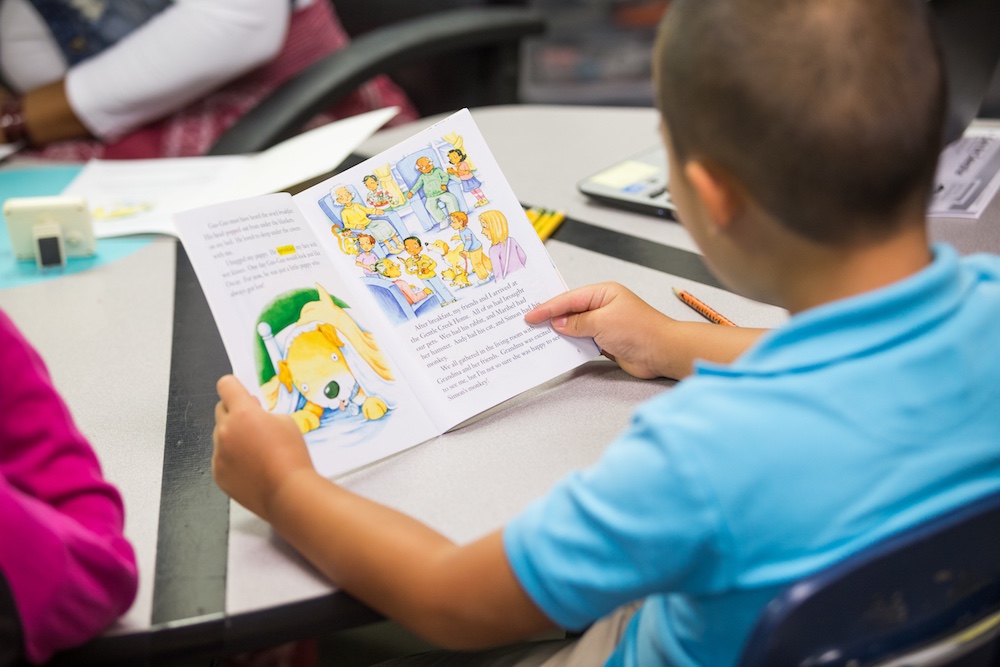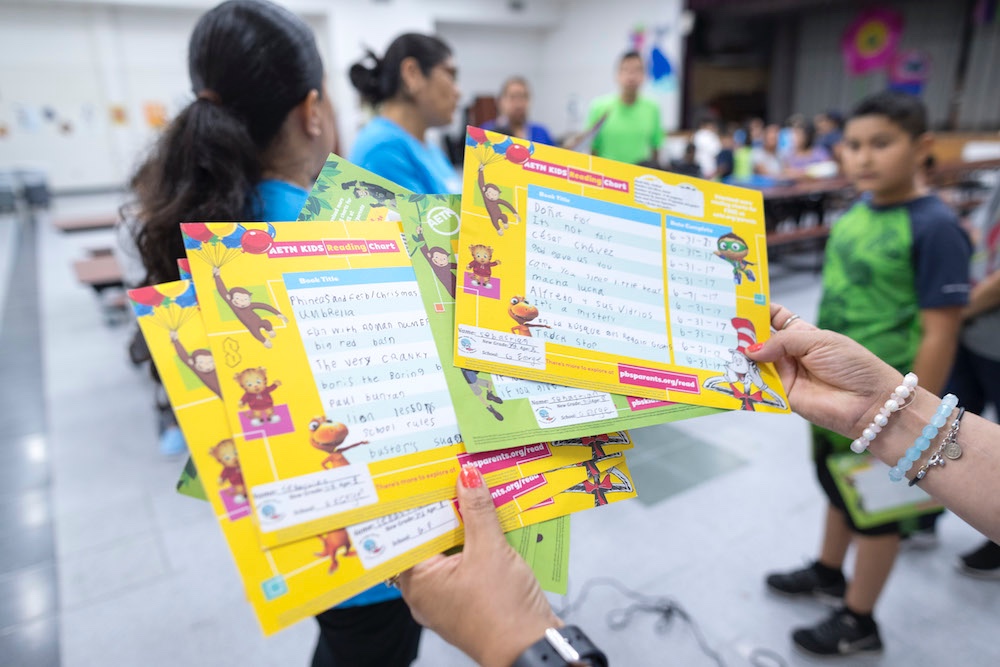5 Tips to Prevent Summer Learning Loss

With school days dwindling and temperatures rising outside, children are setting their sights on summer break. While it’s easy to spend hot days at the pool, it’s important to remember summer can be a time for academic enrichment for kids. Or, it can be a time for learning loss.
As shown in Arkansas Campaign for Grade-Level Reading’s recent retrospective report, some children can lose as much as two or three months of reading skills during the summer. Over time, this summer slide can add up—leaving children 2.5 or three years behind their peers by fifth grade.
The good news? Summer learning loss can be prevented. Here are five at-home tips to help:
1. Make Reading a Priority
Each day, children should read by themselves or with a caregiver for at least 20 minutes. To ensure your children meet their “minimum,” schedule nightly family reading time, bring a book to the pool or keep reading material in the car as an easy entertainment option.
2. Pick the Right Books
Before school lets out, ask your children’s teachers about their reading levels and look for books that are at, or above, that level to keep them engaged throughout the summer. Use online resources like Scholastic’s Book Wizard to search by guided reading level, grade level equivalent, development reading assessment level or Lexile measure.
3. Join the (Library) Club
You don’t need to spend a lot of money to keep your children reading. Sign them up for the Central Arkansas Library System’s summer reading club, Libraries Rock!, that starts on May 29.

4. Incorporate Reading Into Everyday Activities
You can turn any errand or family outing into a reading adventure. Encourage children to read signs or labels while shopping. Or, ask them to tell you what billboards or street signs say. With pre-readers, help them learn new vocabulary based on what you see. For example, introduce them to a kumquat or quinoa while grocery shopping.
5. Put it in Writing
Writing is an essential component of learning to read. Ask your children to keep a daily journal, make lists, craft letters or write a story or skit with illustrations. Once their stories are written, you can even encourage them to act them out! If your children are pre-readers and need more assistance, try writing a story together about a recent family activity or strengthening their fine motor skills by playing with putty, sorting objects or cutting Play-Doh.
Still looking for tips to prevent the summer slide? Check out AR-GLR’s website for free online resources and local summer learning programs.
------------------------
Angela Duran is the campaign director for Arkansas Campaign for Grade-Level Reading. She is the proud mother of Noah and Matthew, who will be in kindergarten and second grade this fall at Forest Heights STEM Academy.
